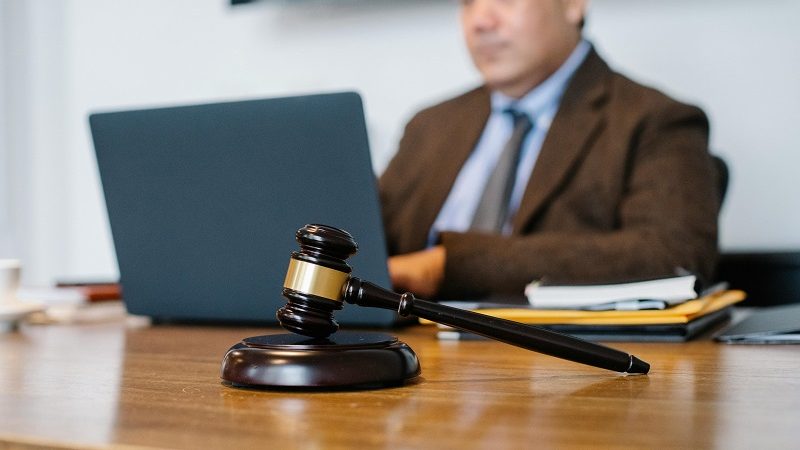One of the newest areas of estate planning is the distribution and management of the digital estate. This is so new that many people completely forget to include their digital estate into their estate planning. This can create difficult complications after they pass away. Your digital estate includes all of your online accounts and activities. While accounts to social media, email, and forums may not be seen as functional, many people also maintain several financial accounts online which have direct value. If these are not properly documented they become difficult to impossible to transfer.

Experienced estate planning attorneys know how to account for digital assets and the steps to codify them to ensure they can passed on to beneficiaries.
What is included in Digital Assets?
Automatic Payments
Many individuals pay for utilities, credit cards, loans, and other services completely online. If information and access to these online accounts isn’t shared, this can create financial problems and legal situations when payments stop being sent.
Social Media
Facebook, Twitter, and Pinterest are just a few of the social media sites that people commonly use. Family members may want to update or deactivate these accounts once a loved one has passed away.
Emails
For many, an email inbox is more important than their actual mailbox. A lot of important and private information is stored in email accounts. It’s important that these accounts be secured to avoid bills and paperless information from going missing.
Financial Services
Many people have online accounts for their banks and credit cards. It is a security risk to keep these accounts open or to let them go unmonitored. Automatic deposits and payments need to be updated or removed to avoid funds going unaccounted for or paid to unused services.
Medical Sites
Some people have accounts with their health insurance and doctors. These sites store private information and beneficiaries may want to confirm these accounts are protected now and in the future.
Other Online Content Sharing
The deceased person may also have their own websites. YouTube and other video accounts, online storage of pictures, and storage for writing and other documents all need to be considered. The security and privacy protocols of these sites often require specific logins. If beneficiaries want access to this information, they need to make arrangements before the person dies.
Benefit of Including Digital Assets in Estate Planning
One benefit is that it will give complete control over your digital accounts and information to someone. If accounts need to be deleted, or if the information needs to be accessed, it’s important that your beneficiaries know the login information including usernames, passwords and PINs.

Arranging your digital estate can also be important for security reasons. Personal information online is susceptible to identity theft or fraud. Removing private financial and medical records from the Internet is a way to minimize that risk. If you have to make several payments online, it is important that your beneficiaries can either continue to pay them or end the services.
Finally, if you don’t keep a record of your online accounts, it will be next to impossible for your beneficiaries to find them and access them. By putting this information in writing, you can be sure that the right person will have access to your important online accounts.
To learn more about how to manage your assets, digital and real, talk to a dedicated estate planning attorney at Clear Counsel Law Group. We can guide you through the process of making wills, powers of attorney, and more instruments that ensure your loved ones are well taken care of after you have passed away.